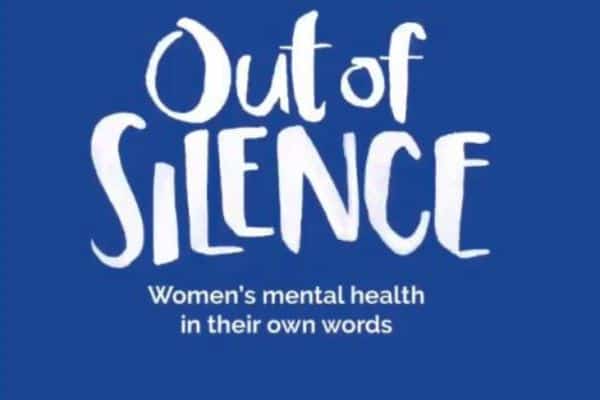Ireland has the highest rate of child suicide for girls up to the age of 19 in Europe. Women are also more likely to be affected by depression than men.
The figures are highlighted in a report by the National Women’s Council and St Patrick’s Mental Health services.
The National Women’s Council of Ireland teamed up with St Patrick’s Mental Health Services to speak with over 100 women to hear their experiences and the result is the report entitled ‘Out of Silence’.
Women are twice as likely to suffer from depression as men. According to St Patrick’s Health Services, women account for the majority of admissions to their facilities.
In addition, Ireland has the highest rate of child suicide for girls up to the age of 19. Co-Author of the report Cliona Loughnane says one of the main findings is that women feel a lot of demands.
The NWCI and St Patrick’s have launched the Women’s Mental Health Network which aims to improve women’s mental health services in Ireland.
NWCI’s Women’s Health Coordinator and co-author of the report, Cliona Loughnane said,
“Women’s voices are too often absent from the discussions on mental health in Ireland. Our report aims to bring women’s mental health out of this silence. It highlights women’s direct experiences, how they cope, how they keep themselves well and how they feel they could be better supported by services. Recent women’s healthcare scandals have shown the need to listen to women and use their experiences to inform health policies and the provision of services for women and girls in all our diversity.”
“Unfortunately, the findings of this project show that there are deficits in mental health provision for women. If we want to improve mental health outcomes for women, we must address issues such as women’s shame and guilt when speaking out, the fear of their children being removed when seeking support, depression, low self-esteem and long waiting lists for care.”
Advocacy Manager at St Patrick’s Mental Health Services, Louise O’Leary, said:
“Women account for the majority of admissions to St Patrick’s Mental Health Services, with the ratio of female to male admissions standing at 3:2. The launch of the Women’s Mental Health Network will provide an opportunity for collaboration and learning among different voices and sectors to the progress women’s mental health in Ireland. While women and men experience mental health difficulties to equal degrees, there are important differences as regards needs, experiences and causes or contributory factors. We need to become more aware and responsive to these differences so that mental health services, and mental health promotion and prevention efforts can be more effective.”









